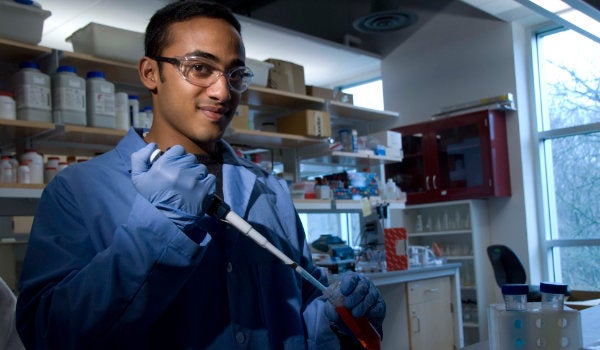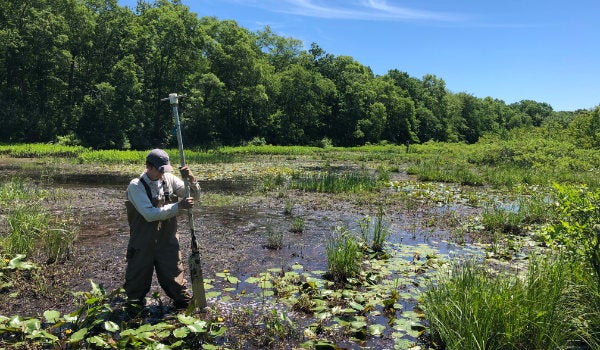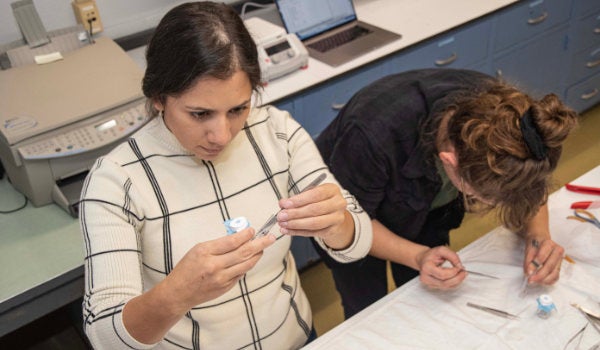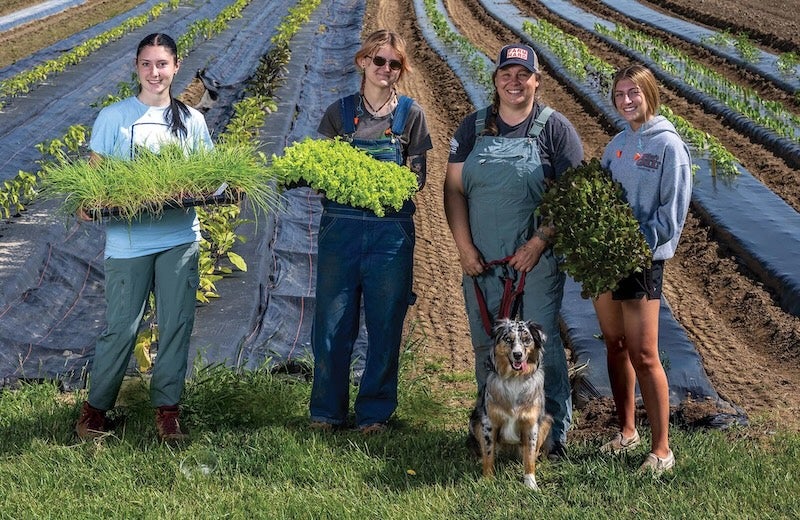At the College of the Environment and Life Sciences, you’ll deepen your understanding of the living world and your place within it.
The work that happens here is rooted in our land- and sea-grant mission, and connected to the needs of the local, regional, and global communities. Our faculty researchers work collaboratively across disciplines, drawing from a broad, inclusive field of human knowledge to make critical discoveries within their fields. URI’s core research facilities and specialized labs offer the latest technologies that will enable you to gather field data, synthesize vast amounts of information, and develop solutions to real world challenges. Whether you are interested in urban food systems; protecting marine wildlife; understanding what makes an organism adapt and an ecosystem thrive; or assisting policy makers in the shift towards renewable energy and sustainable natural resource management, you’ll find your place here.
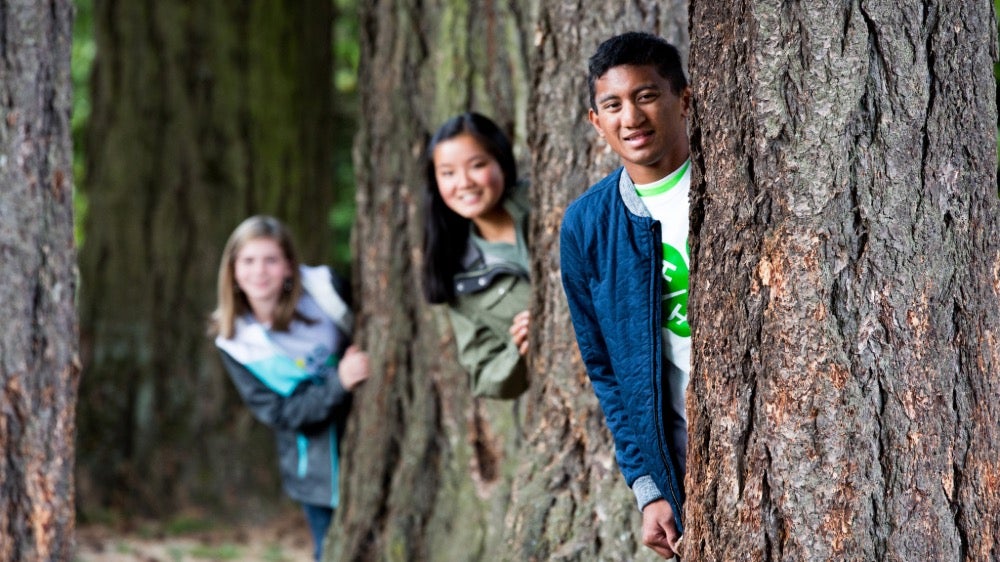
URI Cooperative Extension
Education and engagement with Rhode Island communities is at the core of what we do. As a land-grant and sea-grant university, our mission is to ensure URI provides education and applied research that helps communities and improves the lives of Rhode Islanders.
learn moreNews and Stories
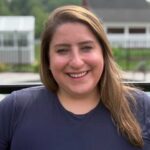 URI Ph.D. candidate selected for prestigious NOAA fellowship February 11, 2026 - Research focused on ethical and sustainable seafood markets earns Aida Pauls a spot in the competitive NOAA National Marine Fisheries Service-Sea Grant Joint Fellowship
URI Ph.D. candidate selected for prestigious NOAA fellowship February 11, 2026 - Research focused on ethical and sustainable seafood markets earns Aida Pauls a spot in the competitive NOAA National Marine Fisheries Service-Sea Grant Joint Fellowship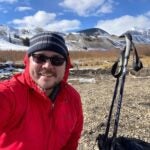 Microbes under the snow: The hidden (and vulnerable) world that fuels spring February 11, 2026 - New research by CELS soil microbiologist Patrick Sorensen reveals vulnerable process as snowpacks shrink, challenging long-held assumptions about how microbes build biomass
Microbes under the snow: The hidden (and vulnerable) world that fuels spring February 11, 2026 - New research by CELS soil microbiologist Patrick Sorensen reveals vulnerable process as snowpacks shrink, challenging long-held assumptions about how microbes build biomass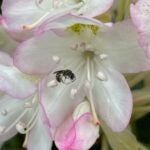 Bug bonanza: URI entomology and garden experts to present at first Rhode Island Plant Insect Community Network conference February 11, 2026 - The Rhode Island Plant Insect Community Network will host a one-day conference Saturday, March 7, from 10 a.m. to 7 p.m., at the Quonset ‘O’ Club in North Kingstown. It is open to the public.
Bug bonanza: URI entomology and garden experts to present at first Rhode Island Plant Insect Community Network conference February 11, 2026 - The Rhode Island Plant Insect Community Network will host a one-day conference Saturday, March 7, from 10 a.m. to 7 p.m., at the Quonset ‘O’ Club in North Kingstown. It is open to the public. 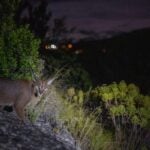 Artificial light is reshaping caracal behavior February 10, 2026 - A new study led by Ph.D. student Christopher Hickling shows that artificial light at night alters the movement and foraging behavior of caracals on South Africa’s Cape Peninsula, revealing how urban lighting impacts wildlife behavior. Hickling also studies bobcats, the caracals’ wild cat equivalent in Rhode Island, for the University’s Rhode Island Bobcat Project.
Artificial light is reshaping caracal behavior February 10, 2026 - A new study led by Ph.D. student Christopher Hickling shows that artificial light at night alters the movement and foraging behavior of caracals on South Africa’s Cape Peninsula, revealing how urban lighting impacts wildlife behavior. Hickling also studies bobcats, the caracals’ wild cat equivalent in Rhode Island, for the University’s Rhode Island Bobcat Project.

